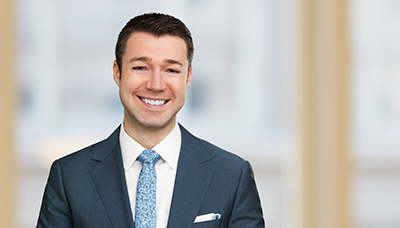Seventh Circuit Roundup: Discussing the Rooker-Feldman Doctrine, Claim Preclusion, and Lay Opinion Testimony
In this episode, Mark and Kian chat about two opinions the Seventh Circuit issued in February 2024.
The first case, Chicago Joe’s Team Room v. Village of Broadview, is a long-running Section 1983 case brought by a would-be adult-entertainment venue against the Chicago suburb that prevented it from opening. In 2008, the district court found the suburb violated the First Amendment, and the parties then spent more than a decade litigating damages, which were based on a lost-profits theory. The venue eventually failed to prove lost-profits damages because the district court excluded all of its evidence, which mostly consisted of lay opinion testimony from the owner of the plaintiff business. The Seventh Circuit affirmed, explaining that the owner’s lay opinion testimony was correctly excluded under Rule of Evidence 701 because he could not “properly base his lost-profits opinions on his knowledge obtained in day-to-day management of the company” (since the company never opened).
In the second, Bryant v. Chupack, Judge Easterbrook takes readers on a brief but informative tour through the Rooker-Feldman doctrine and claim preclusion. The Rooker-Feldman doctrine holds that because only the Supreme Court can review the judgments of state courts, district courts lack jurisdiction to hear challenges to state-court decisions. The district court dismissed Bryant on those grounds, but the Seventh Circuit reversed: Rooker-Feldman did not apply because the “plaintiffs had lost a battle in state court but had not yet lost the war.” Claim preclusion, however, barred the plaintiffs’ claims on the merits: Because the plaintiffs could have presented their federal constitutional claims in the state-court case, claim-preclusion principles mean they were “not free to move what amounts to an appellate argument to a different judicial system.”
Want to subscribe? Use the buttons in the player above, or plug this link into your favorite podcast app: https://feeds.buzzsprout.com/2178439.rss
Subscribe
Do you want to receive more valuable insights directly in your inbox? Visit our subscription center and let us know what you're interested in learning more about.
View Subscription Center












